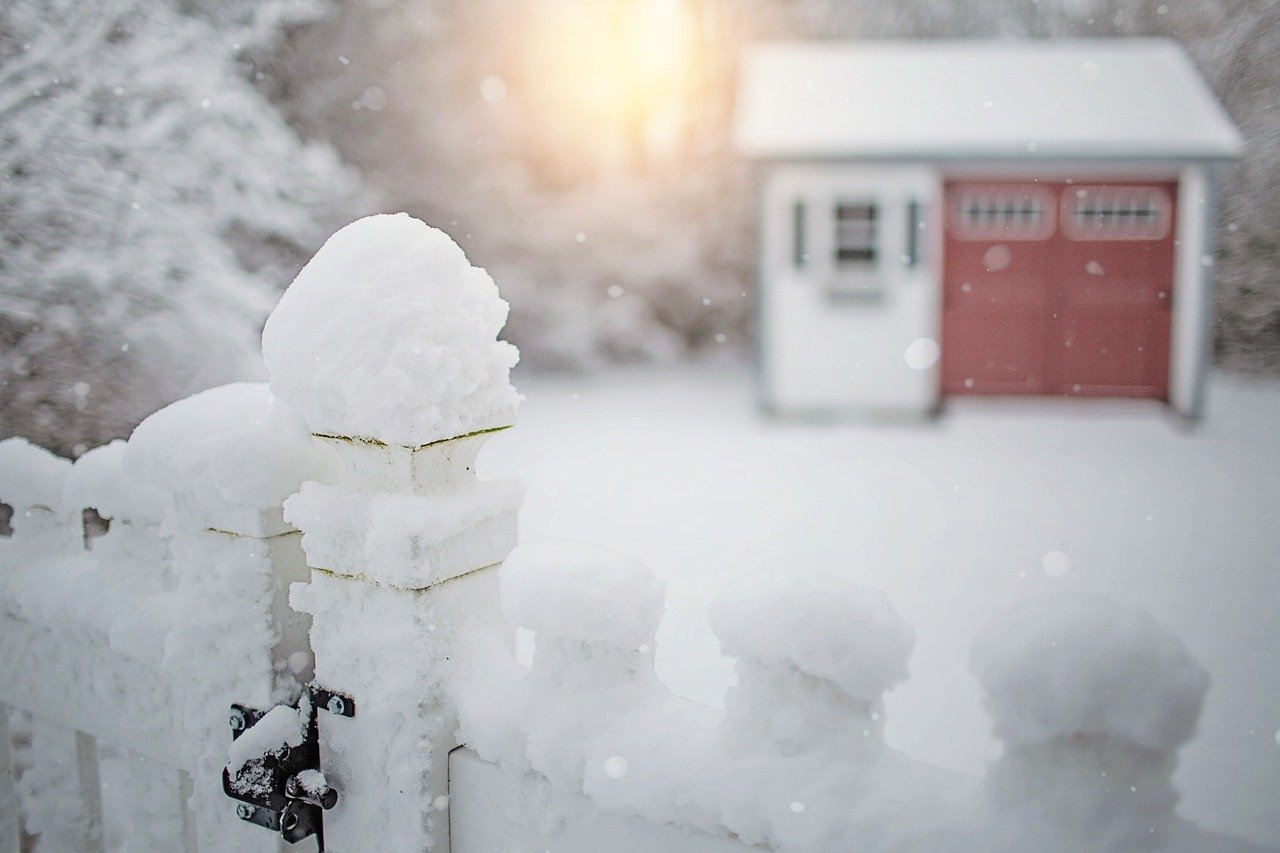1-800-540-905
Info@HomesteadSupplier.com
7am-4pm Pacific Time Mon-Fri
1-800-540-9051
Info@HomesteadSupplier.com
7am-4pm Pacific Time Mon-Fri
1-800-540-905
Info@HomesteadSupplier.com
7am-4pm Pacific Time Mon-Fri
1-800-540-9051
Info@HomesteadSupplier.com
7am-4pm Pacific Time Mon-Fri

When planning shed placement, knowing how far does a shed have to be from the fence is essential. From our experience at Homestead Supplier, maintaining a minimum distance of at least 3 feet between your shed and the fence is crucial.
This space ensures proper maintenance, ventilation, and compliance with local regulations. In this article, we'll guide you through the key considerations and tips for optimal shed placement, helping you avoid common pitfalls and enhance your outdoor space effectively.
What this article covers:From our experience at Homestead Supplier, the minimum distance between your shed and the fence generally depends on local regulations and practical considerations.
Typically, you should aim for at least 3 feet of space, but this is entirely dependent on local zoning laws. This distance helps with maintenance, ventilation, and access. It also makes learning how to make a shed look nice and keep it looking in good shape easier.

Building too close to the fence can lead to several problems. For one, it makes it harder to maintain both the shed and the fence.
From our research, sheds too close to fences often suffer from dampness and reduced airflow, which can lead to mold and rot. Additionally, it can create tension with neighbors, especially if it violates local building codes or homeowner association (HOA) rules.
Always check your local building codes before starting construction. These rules can vary widely, and failing to comply can lead to fines or being forced to move your shed. According to our research, many areas require a minimum distance to ensure safety and compliance.
Leave enough space to easily access the back and sides of the shed. This is crucial for routine maintenance and repairs, as well as garden shed storage systems. From our experience, having at least 3 feet around the shed is ideal for accessibility.
If you live in a neighborhood with a homeowners association, check their guidelines. HOAs often have specific rules about shed placement to maintain the community's aesthetic and property values.
Ensure there's enough space for air to circulate between the shed and the fence. This helps prevent moisture in shed, which can cause mold and decay. After putting it to the test, we recommend at least a 3-foot gap to allow for proper ventilation.
Consider the shed's purpose when deciding its location. If it's for garden tools, place it near the garden. If it's a workshop, position it where you get the most natural light.

Think about how the shed fits into your overall yard layout. Use corners and less utilized spaces efficiently, ensuring you leave enough room for future projects or changes.
Plan for the long term, such as planning what to store in shed. Consider how tree growth or potential landscape changes might affect your shed's placement. Ensuring future accessibility can save you headaches down the line.
Building a shed is a fantastic way to add storage and functionality to your yard, but it's important to know how far a shed has to be from the fence to avoid common issues.
By ensuring you leave at least 3 feet of space, you can maintain proper ventilation, comply with local regulations, and ensure easy access for maintenance. Always consider local building codes, HOA restrictions, and future needs when planning your shed placement.
Following these guidelines will help you create a shed that enhances your outdoor space and serves its purpose effectively. For high-quality shed kits and expert advice, visit Homestead Supplier today and start your project with confidence.
If you want to learn more, why not check out these articles below:
Compare products
{"one"=>"Select 2 or 3 items to compare", "other"=>"{{ count }} of 3 items selected"}
Leave a comment